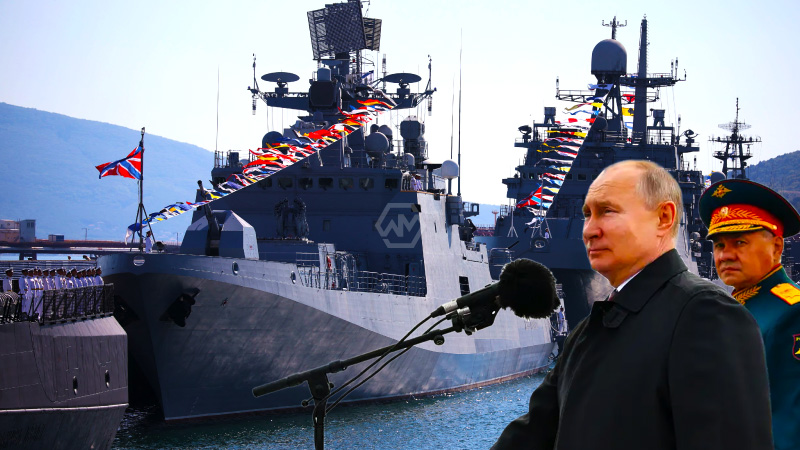- The Kremlin has declined to comment on Russian naval operations.
- Putin has made no secret of the fact that he demands complete allegiance from those who are closest to him.
- The military of Russia has concentrated its forces in the south and east of Ukraine.
Following the Wall Street Journal’s allegation that Russia had relocated the majority of its Black Sea Fleet from its main base in seized Crimea, the Kremlin has declined to comment on Russian naval operations.
With the majority of his inner circle having worked for him for many years during the course of his 23 years in power, Putin is known to maintain a close-knit group of loyal officials and advisers. Putin’s press secretary, Dmitry Peskov, told CNBC that although the president considers loyalty as one of his top three priorities, “loyalty alone is not enough.”
Putin’s inner circle
Putin has made no secret of the fact that he demands complete allegiance from those who are closest to him. It is not surprising to those who have known Putin for more than two decades that he values and demands loyalty from those in his inner circle, many of whom he has kept close ever since he rose through the ranks of Russia’s Soviet security service, the KGB, before his election to the presidency in late 1999.
According to Russian researcher, historian, and novelist Sergei Medvedev, “loyalty has always been more important than competency” in Russia. As a result, Russian observers are not convinced that traits like competency and loyalty are regarded equally in the Kremlin.
As evidenced by the disastrous invasion of Ukraine and Yevgeny Prigozhin’s ascent to power, position, and influence before his downfall, an attachment to loyalty can cause blind spots.
The military of Russia has concentrated its forces in the south and east of Ukraine, occupying a large area that has established a “land bridge” from Russian territory to the annexed Crimea.
Questions have been raised about Russia’s military leadership as a result of the battle. In particular, military bloggers in Russia who support Prigozhin, the mercenary group’s paramilitary leader who was a prisoner-turned-businessman, have come under harsh criticism.
In the end, Putin agreed with his long-serving defense minister and supported the ministry’s directive that fighters from the Wagner Group must sign contracts with the ministry.
A few months after organizing an unsuccessful uprising against the Russian defense ministry, Prigozhin was murdered in a plane accident in Russia in August. The Kremlin has denied ordering the assassination of Prigozhin and referred to Western claims that it did so as “an absolute lie.”



